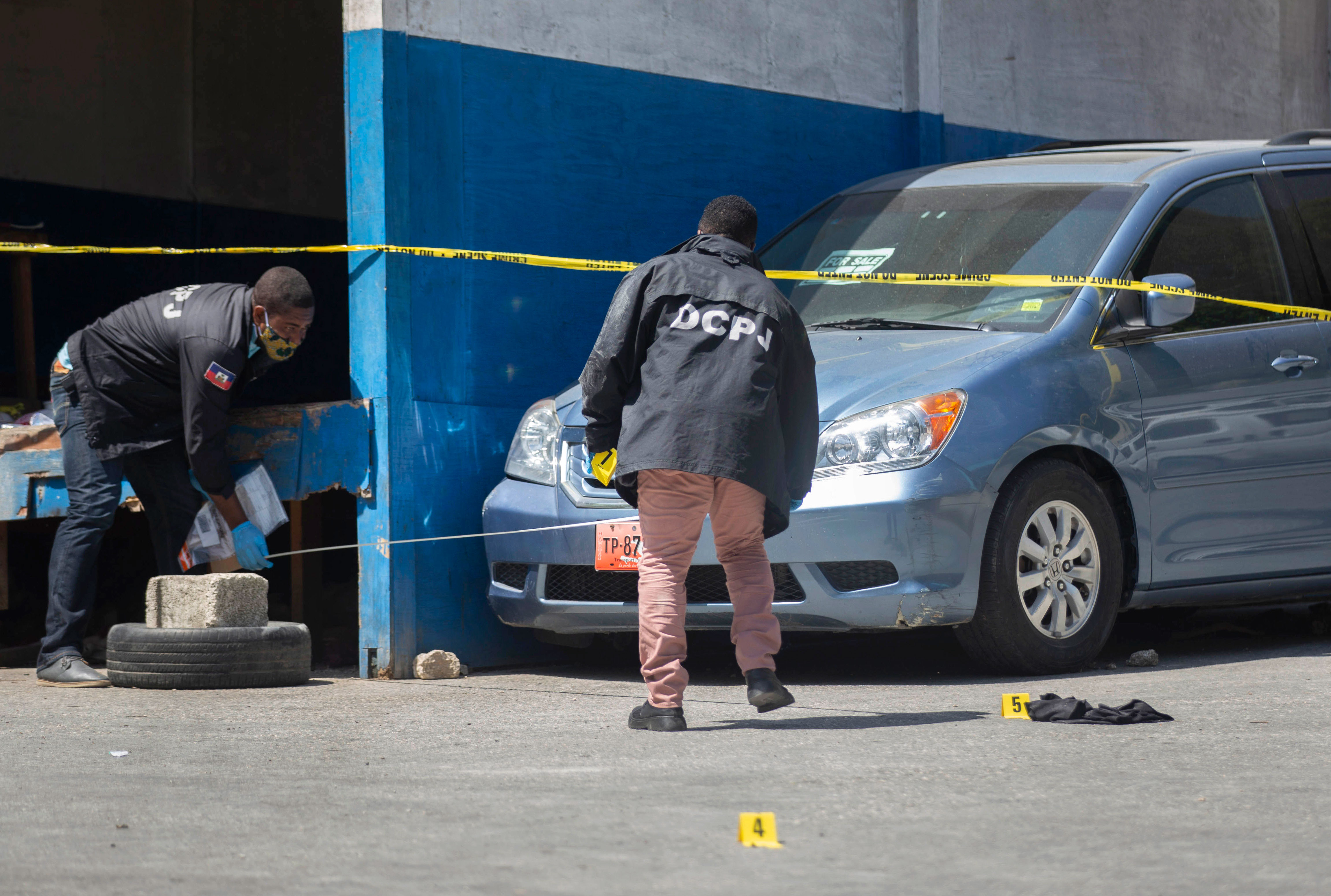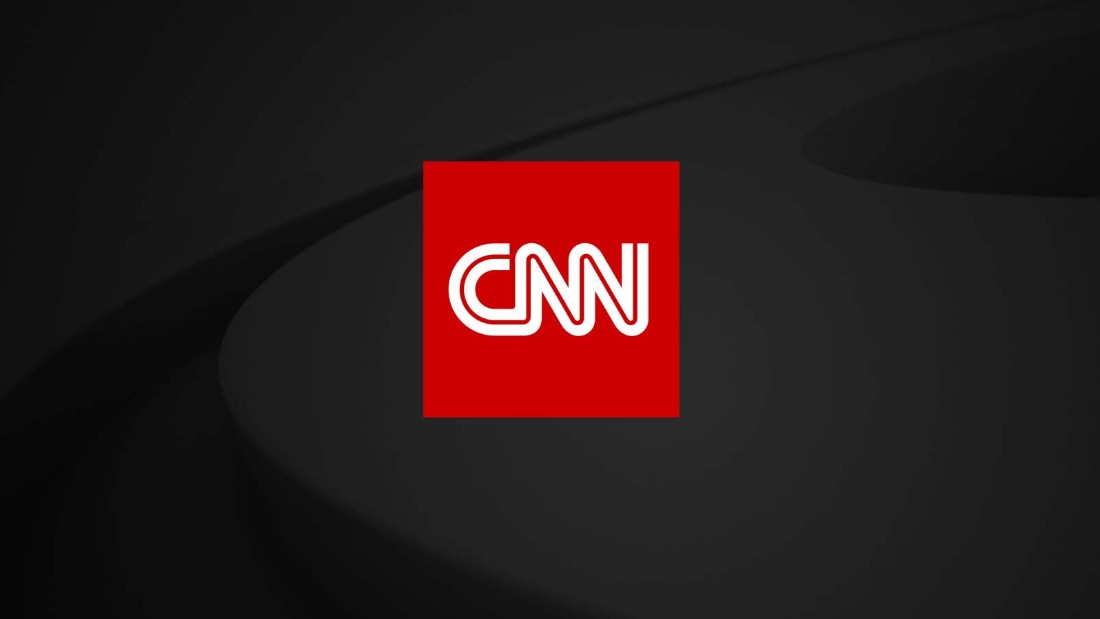7 suspects killed following gun battle with security forces

Haiti’s President Jovenel Moise was assassinated in his home around 1 a.m. Wednesday, according to acting Prime Minister Claude Joseph, who described the assassination as a “heinous, inhumane and barbaric act.”
The incident has left many Haitians and Haitian Americans to mourn the loss of both a president and a sense of stability, Rev. Reginald Jean-Mary, a priest in Little Haiti in Miami, told CNN affiliate WSVN.
“I felt very broken by knowing the news, that we get so low, we get so down as a country,” Jean-Mary said. “The country’s in a very difficult position. In the 21st century, that’s not where we expected the country to be.”
In the wake of the president’s death, Jean-Mary said the community must now do some “soul-searching.”
Moise’s assassination also has many Haitian-American community leaders concerned about the future of Haiti.
“There are very real fears about whether or not violence in the streets will ensue,” said Vania Andre, publisher of the Haitian Times, an influential newspaper for the Haitian diaspora in the US.
In addition, many had hoped the immense international support following the devastating 2010 earthquake would improve political and social unrest. According to Andre, some Haitian Americans even moved back to Haiti to help support the country’s growth.
However, the president’s assassination may halt any progress and future development, Andre said.
“Moise’s assassination is the final nail in the coffin for them,” Andre said. “This is a generation of change, anyone who had a nonprofit, a business, an idea for initiatives that support sustainability in the country, will now think twice on whether Haiti is worth it.”
![]()


